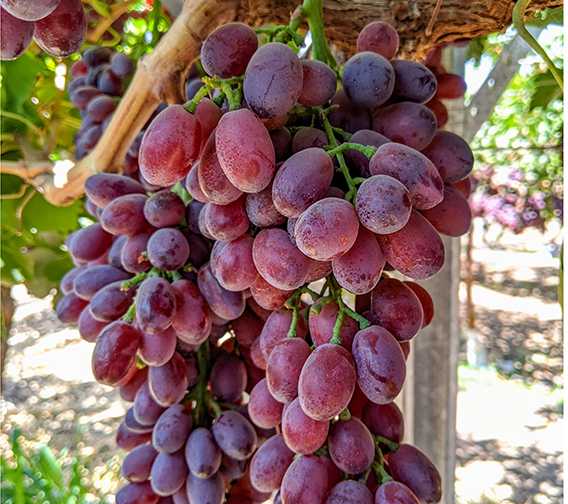Three Fungal Diseases Discovered In Pacific Northwest Vegetable Crops
According to information from Washington State University plant pathologist, Lindsey du Toit, vegetable growers should be taking extra precautions after three fungal disease outbreaks were discovered in Pacific Northwest crops. Currently, five Washington counties have quarantines for black leg, which is the most serious of the three diseases, but du Toit recommends that all growers across the region only use certified seeds that test negative for black leg in future growing seasons.
In a report published by Cynthia M. Ocamb of Oregon State University, and Lindsey Du Toit, it was stated that black leg was discovered in brassica crops and wild crucifers in the Willamette Valley of Oregon in spring 2014. According to the report, black leg can present problems for growers of fall or spring sown plantings of various crucifer crops, particularly in the Pacific Northwest.
In a second report, Occamb mentions the discovery of light leaf spot in March 2014 in fall sown crucifer crops and weedy species in the Willamete Valley. Light leaf spot caused by the fungus Cylindrosporium concentricum was also observed causing disease this spring in commercial seed fields of forage Brassica species and “field” turnip. It was subsequently detected in other brassica members including wild mustard, volunteer black mustard, vegetable brassica seed fields, and brassica species used as cover crops during 2014.
Lastly, Occamb reported finding white leaf spot and gray stem in crucifer seed crops in western Oregon in March 2014. According to the report, the disease was also detected in volunteer black mustard and forage fields. Susceptible hosts reportedly include species of brassica (broccoli, cabbage, canola, cauliflower, Chinese cabbage, mustard, turnip, etc.) as well as radish and horseradish. Weedy types such as wild radish, wild mustard, and shepherd’s purse are susceptible to white leaf spot and gray stem.
For more information on all of these diseases, visit the Pacific Northwest Vegetable Extension Group website. You can also consult the Extension publication Production of Brassica Seed Crops in Washington State for more on why black leg and other crucifer diseases have raised concerns about the need for additional quarantines.
Source: Washington State University, Pacific Northwest Vegetable Extension Group









